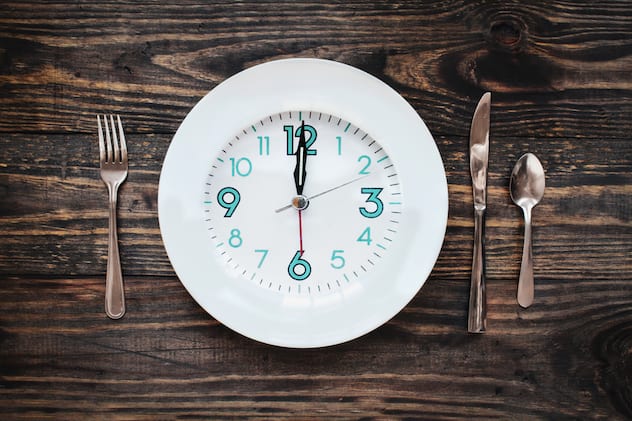Intermittent fasting, a dieting approach that involves cycling between periods of eating and abstaining from food, has been trending.
This is because reports claim celebrities such as Beyonce, Hugh Jackman, Ben Affleck and Nicole Kidman are doing it but also because more research reveals the eating pattern may promote weight loss and improve overall health.
The method is considered not appropriate for everyone, particularly pregnant women and those with medical conditions such as diabetes or eating disorders. Although, planned intermittent fasting may help reverse type 2 diabetes, new research suggests.
Though studies are promising, it remains to be seen if this type of eating can become a sustainable lifestyle habit instead of a drop-a-dress-size-in-a-week fad.
How healthy is intermittent fasting?
“The jury is still out, especially on how healthy, sustainable and realistic this approach is,” says Samantha Heller, a senior clinical nutritionist at NYU Langone Health in New York.
One regimen known as time-restricted feeding advises consuming all your calories within a range of three to 12 hours a day.
The 5:2 diet advises eating 500-600 calories for two days of the week and eating whatever you want on the other five days.
A third, much more stringent type of regimen involves alternating 24-hour fasting periods (in which no foods or calorie-containing beverages are consumed) with non-fasting days, during which anything can be eaten in any amount.

Kristen Smith, spokeswoman for the US Academy of Nutrition and Dietetics, recommends choosing a regimen that suits your lifestyle, health history and ability to sustain fasting. Alternate-day fasting may not be appropriate for someone with an active job or a job that centres around food.
Protein and fibre-rich foods will keep you feeling full and satisfied, which is important when calories are strictly limited. Healthy fats such as nuts and peanut butter can also curb hunger but provide a lot of calories for a small portion size.
If you are limiting your calories to about 500-600 per day, you might focus on one or two mini-meals and snacks.
Smith recommends a small piece of grilled salmon with half a cup of steamed veggies, grilled chicken over spaghetti squash, an egg-white omelet with veggies or black beans with a cup of veggies.
For snacks, she favours fat-free plain Greek yoghurt, two cups of nuts, a cup of raw veggie sticks or a medium piece of fruit.
High-volume foods such as soups may also help on semi-fasting days, as they can fill you up on fewer calories than solid foods. Meal replacement bars may provide a convenient option, especially if you don’t feel like preparing food on fasting days.
Strenuous exercise, such as cycling, running, high-impact aerobics and weight lifting, is not advised on fasting days because the body does not have the fuel available to sustain rigorous activity.
If you want to do some form of physical activity on those days, Smith recommends sticking with walking, stretching or gentle yoga.
If you decide to avoid food for any length of time, adequate hydration is important and should be maintained.
Foods such as fruits, vegetables and broth-based soups contain significant amounts of water and can help you stay hydrated. Those engaged in intermittent fasting should be cautious with caffeine-containing beverages, as they may contribute to dehydration, Smith says.
If you experience lightheadedness, dizziness, fatigue, nausea, headaches, difficulty concentrating or any other symptoms that regularly interfere with your daily functioning, you should stop fasting.
Does it work?
While intermittent fasting may help you to lose weight and promotes health, it is not however superior to conventional calorie restriction diets, scientists have found out in the largest investigation on intermittent fasting to date. For more on this study, click here.






